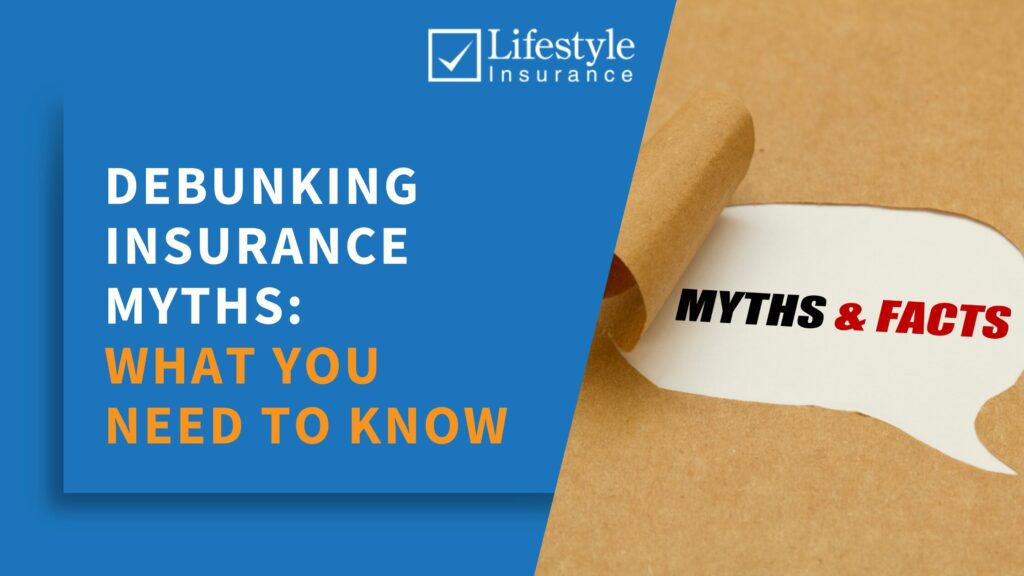The world of health insurance can be overwhelming, especially with the abundance of myths and misconceptions that cloud consumer judgment. Understanding these myths is crucial, particularly for those dealing with chronic conditions, where the stakes are high for securing adequate coverage. In this follow-up article, we’ll debunk some of the most common myths about health insurance and provide you with the facts you need to make informed decisions.
Myth 1: All Insurance Plans Cover Pre-existing Conditions
One of the most pervasive myths is that all insurance plans automatically cover pre-existing conditions. While many regions have introduced reforms prohibiting the denial of coverage based on pre-existing conditions, not all plans are equal in how they handle these cases. It’s essential to read the fine print and understand any waiting periods or coverage limitations that might apply. Be proactive in asking your insurer about how they manage pre-existing conditions to avoid unexpected surprises.
Myth 2: Higher Premiums Always Mean Better Coverage
The assumption that higher premiums equate to better coverage is a common misconception. While premium costs can be indicative of certain benefits, they don’t always guarantee comprehensive coverage. Sometimes, higher premiums might only reflect the insurer’s cost structure or administrative expenses. It’s important to evaluate what each plan covers, including network access, out-of-pocket costs, and specific benefits crucial for managing chronic conditions. A thorough comparison of policy details is more valuable than the price alone.
Myth 3: Employer-Sponsored Plans Are Always the Best Option
Employer-sponsored plans are often praised for their convenience and group purchasing power, which can lead to cost savings. However, they are not always the best option for everyone. These plans may not offer the specific coverage or flexibility needed for managing chronic conditions. Exploring individual health plans or specialized insurance products might reveal options better suited to your health needs. It’s worth consulting with an insurance broker to explore all available options.
Myth 4: Once You Have Insurance, You’re Fully Covered
Many people believe that once they have an insurance plan, all their healthcare needs will be covered without additional costs. However, most plans come with out-of-pocket expenses, such as deductibles, copayments, and coinsurance. For chronic conditions, it’s critical to understand these costs and how they impact your healthcare budget. Regularly reviewing your plan details and staying updated on changes can help you anticipate and manage these expenses effectively.
Myth 5: Insurance Is Only Necessary for Serious Health Issues
Another common myth is that insurance is only needed for major health problems. In reality, health insurance is crucial for managing ongoing health maintenance and preventing serious issues through regular check-ups and preventive care. For individuals with chronic conditions, having insurance ensures access to necessary treatments and medications, which can significantly impact long-term health outcomes.
Practical Advice for Making Informed Decisions
-
Research and Compare: Take the time to research various plans, comparing benefits, costs, and coverage specifics. Online resources and insurance brokers can provide valuable insights.
-
Understand Your Needs: Assess your health needs, particularly if you have a chronic condition. Identify what coverage aspects are non-negotiable for your health management.
-
Consult Professionals: Don’t hesitate to engage with insurance brokers or healthcare advisors who can offer expert guidance tailored to your situation.
-
Stay Informed: Insurance policies and healthcare regulations can change. Keep yourself informed about updates that might affect your coverage.
-
Be Proactive: Regularly review your insurance plan, especially during renewal periods, to ensure it continues to meet your needs.
By debunking these myths and arming yourself with factual information, you can make more informed decisions about your health insurance. Understanding the realities of health insurance will help you secure the coverage that best supports your health and financial well-being. Contact a Insurance Broker, such as Lifestyle Insurance and compare options – Free of charge!

